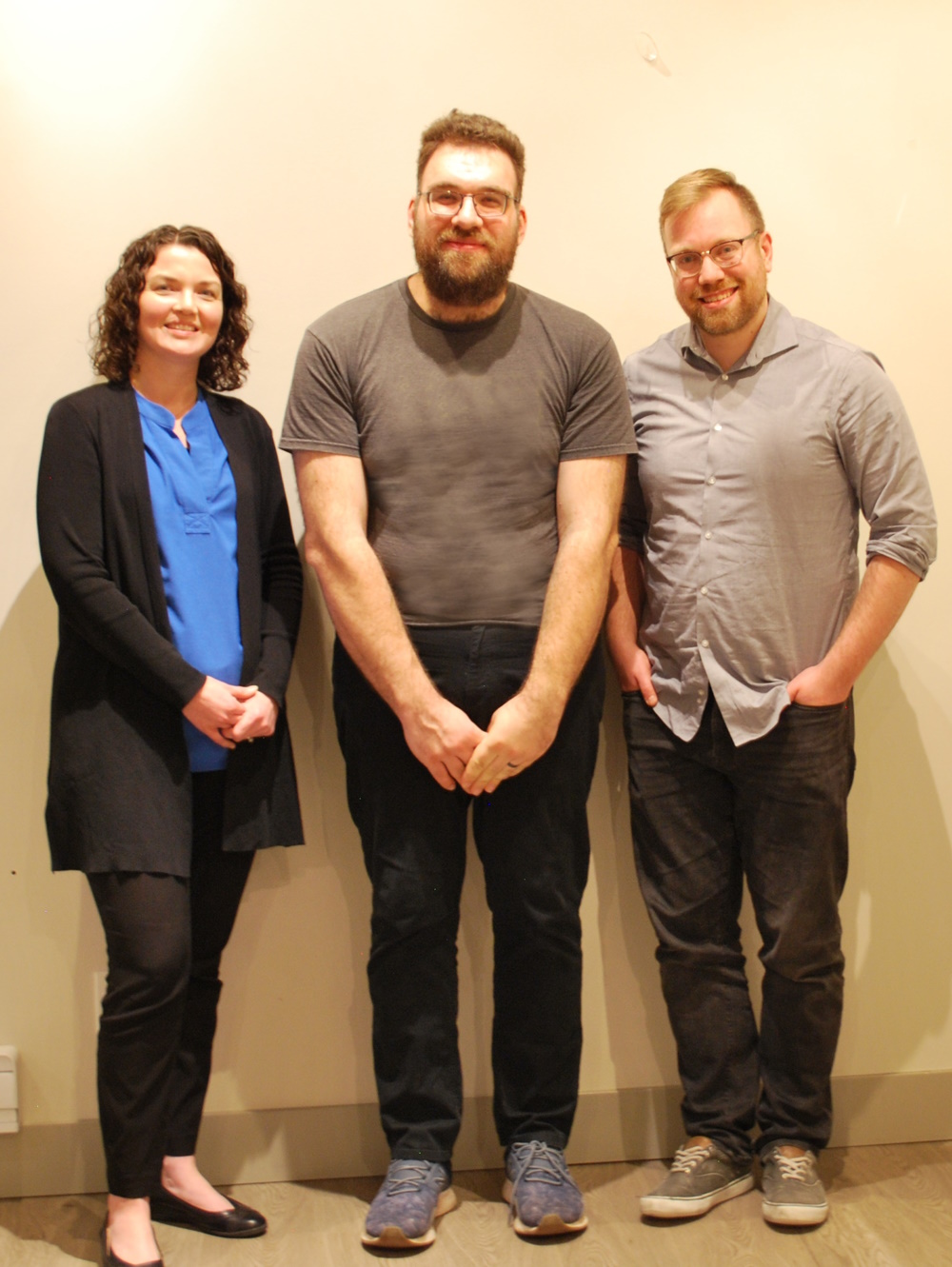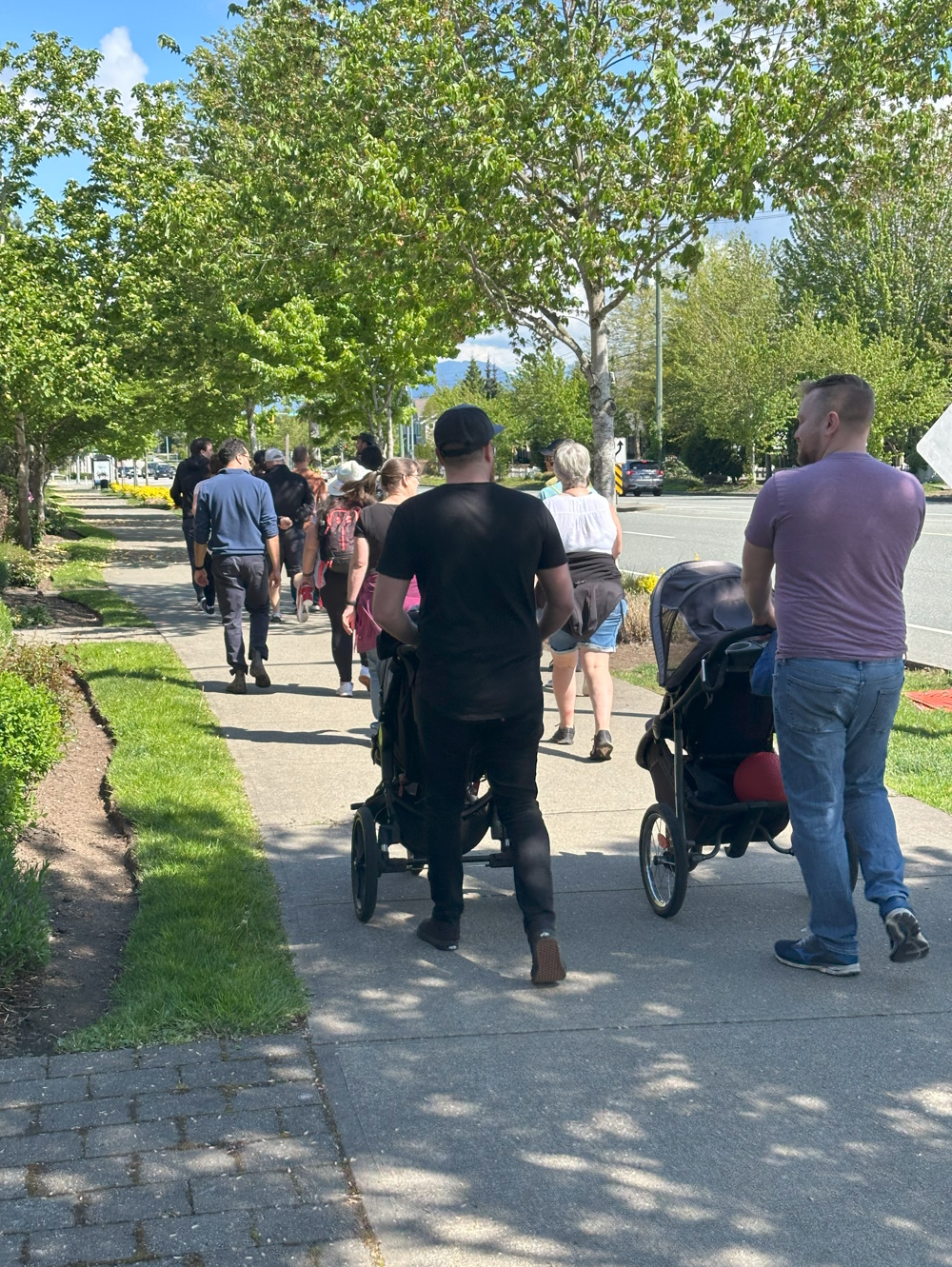
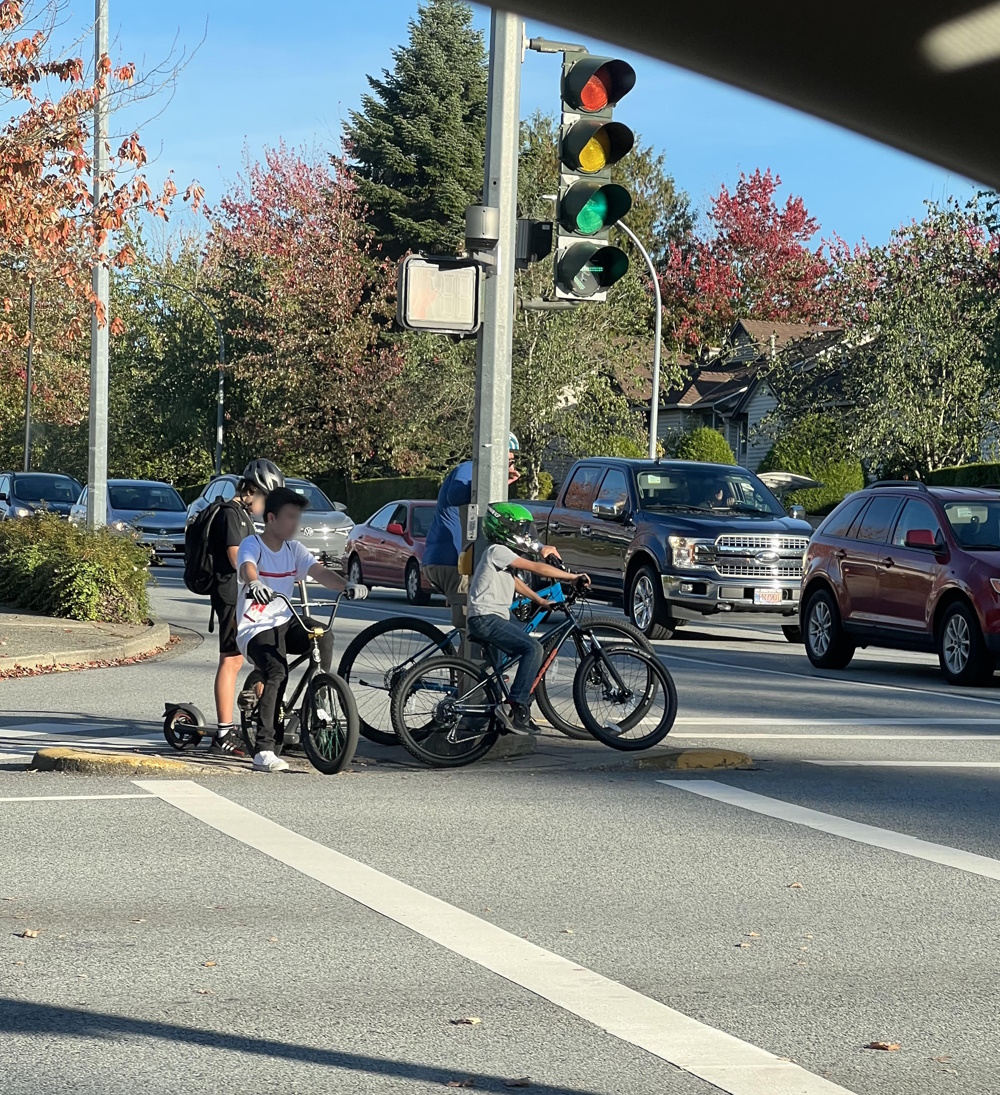
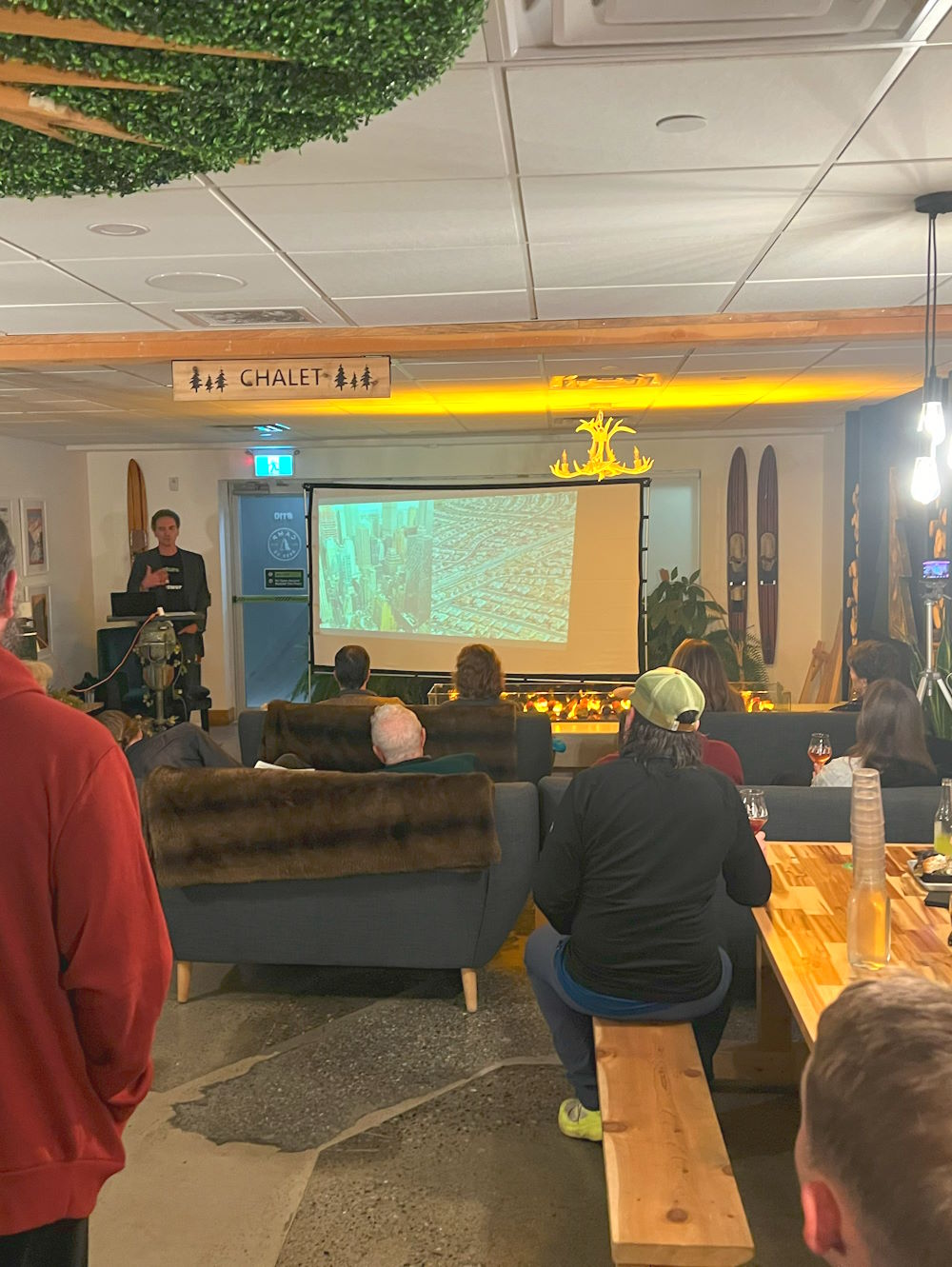
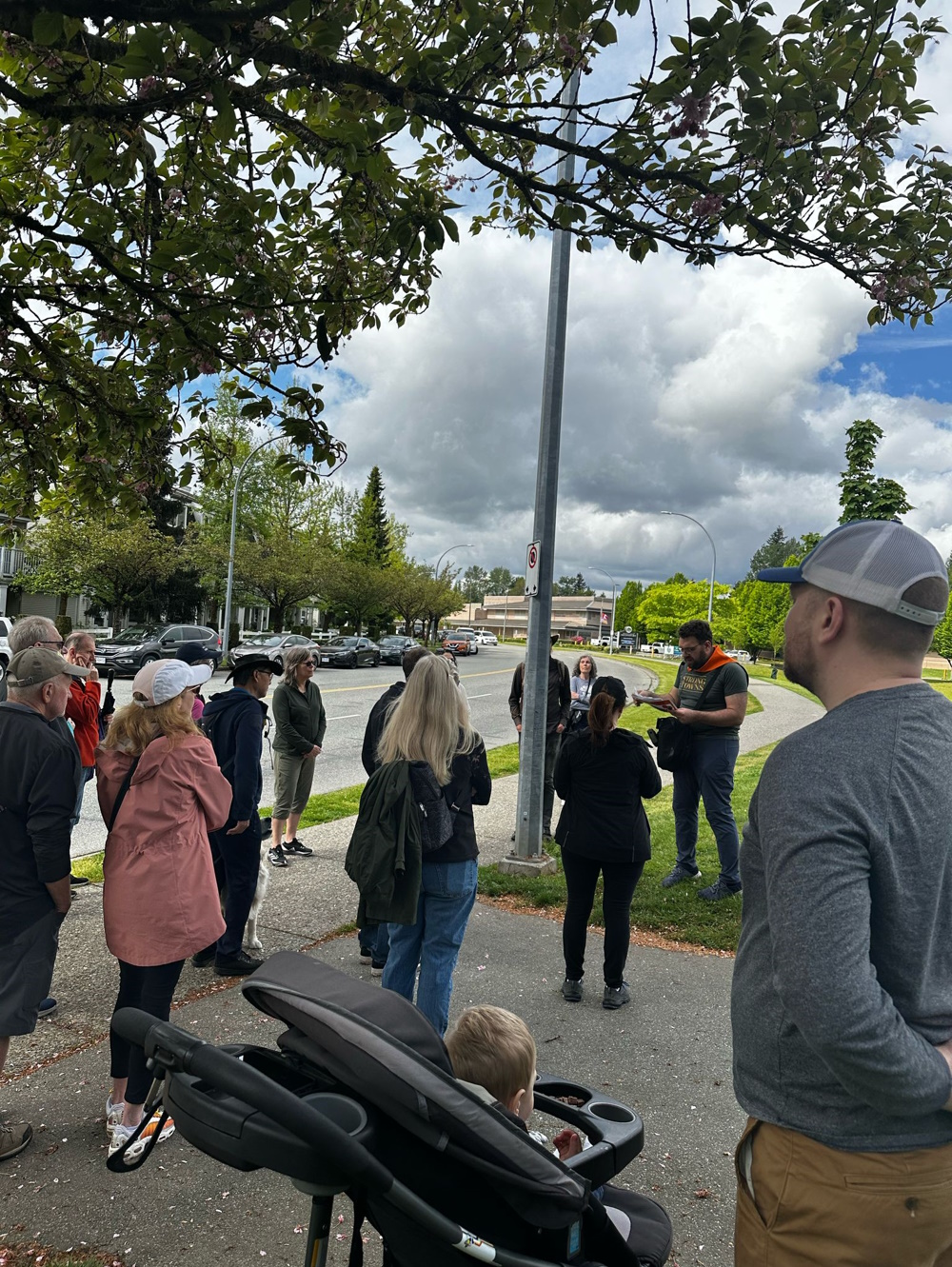
Stay Connected
Subscribe to our mailing list to recieve our articles, publications, notifications about upcoming meetings and events, and other news and opportunities:
Latest Posts
The Township builds schools now?
A land swap that takes on provincial responsibility all started with a two-decade old plan
Langley's Bus Rapid Transit (BRT) Route
And the upcoming BRT Open Houses
Community Bike Rides & Meetups
Join our WhatsApp Group to Participate!
About Strong Towns Langley
Our Approach: The Strong Towns Langley Roadmap
• More local opportunity
• Safer roads
• Cycling facilities
• More interesting places"] --> B[" How do we fund it?
While building financial sustainability"] A --> F[" How do we do it?
Building community support for change"] B --> C[" Reduce Ongoing Costs
• Green infrastructure
(e.g. more trees absorb rainfall = reduced drainage costs)
• Limit Road Widening/Expansion
(e.g. accomodate transit/cycling/walking,
use roundabouts instead of signals, plan for people instead of cars)
• Reduce service levels in sprawling areas
• Contain urban development within existing boundaries
(e.g. stop development of rural areas)"] B --> D[" Increase Ongoing Revenues
• Allow neighbourhoods to “mature”
• Infill & gentle density
• Reduce minimum lot sizes and parking minimums
• Increase value-per-acre
(e.g. compact development/neighbourhood commercial)"] F --> G[" Public Participation
• Community meetings
• Education & advocacy
• Small-scale pilots
• Support local business"] F --> H[" Transformative Leadership
• Create complete communities
• Promote people-oriented growth
• Support small-scale, gradual change"] C --> E[" Financial Resilience & Better Places
• Self-sustaining neighbourhoods
• Local shops, culture and business
• Continuous improvement
• Sustainable and livable community"] D --> E G --> E H --> E classDef goal fill:#F1FAEE,stroke:#2AA787,stroke-width:2px,color:#1D3557 classDef question fill:#fffacd,stroke:#F4AE3A,stroke-dasharray: 5 5,color:#1D3557 classDef costs fill:#fff3cd,stroke:#F4AE3A,stroke-width:2px,color:#1D3557 classDef revenues fill:#d1ecf1,stroke:#2AA787,stroke-width:2px,color:#1D3557 classDef participation fill:#e2e3ff,stroke:#6f42c1,stroke-width:2px,color:#1D3557 classDef leadership fill:#f8d7da,stroke:#E63946,stroke-width:2px,color:#1D3557 classDef outcome fill:#e8f5e8,stroke:#2AA787,stroke-width:2px,color:#1D3557 class A goal class B,F question class C costs class D revenues class G participation class H leadership class E outcome
Small Bets, Big Impact
Small changes to urban planning, design and infrastructure can do a lot to enhance and improve residents lives. Our approach is to actively listen to community members, including those in our group, about their concerns and ideas. We also regularly observe our community to identify issues that may go unnoticed. These could range from improving intersection safety to enhancing public spaces or simply addressing accessibility needs. We believe in the Strong Towns approach of “small bets”, small strategic improvements that can lead to significant positive changes.
Advocating for Incremental Development
We champion the practice of incremental development, which emphasizes small-scale, gradual changes, such as extensions, mixed-use, and garden suites and coach houses. By encouraging small, manageable projects, we empower local developers and community members to participate actively in the evolution of their neighbourhoods.
Solutions to Transportation
We advocate for a balanced approach to transportation in our community, and want to see alternatives to using cars to get around. The goal is to have more walkable, livable urban spaces, and an evidence-proven path towards reducing traffic. We campaign for improved road safety, including initiatives such as eliminating sliplanes, road diets, better signage and road designs that slow vehicle speeds at points of conflict. This includes roundabouts, which can also improve traffic flow overall.
Housing Accessibility
We advocate for improving housing affordability and increasing housing supply, we are part of More Homes Canada, and want to see not only more market housing, but also more social, non-profit and non-market housing. We also work to promote housing solutions that improve the quality of life in existing (often residential-only) neighbourhoods, such as low-mid rise mixed-use buildings that provide ground-floor local retail, cafes and other services with housing above.
Promoting Public Spaces
We advocate for the creation and improvement of public parks and public gathering spaces. We focus on reclaiming public space for people, advocating for general-purpose parks that cater to all ages and all interests that can serve as community "back-yards", and supporting other human-scale spaces like public plazas and pedestrianized streets.
Infrastructure, Taxation, and Growth
We strive for equitable and sustainable approaches to taxation and infrastructure development. We explore how responsible growth strategies can support the fiscal health of Langley, reduce liabilities, and enhance community well-being without over-reliance on expansion.
Environmental and Agricultural Challenges
We prioritize protecting natural habitats and local agriculture. By containing urban sprawl and encouraging efficient land use, we support environmental stewardship that enhances the overall quality of life in Langley.
We want to hear from you and grow the movement locally, so that means we want you to join our conversation!
Join Our Community
Upcoming Events
We hold two monthly online meetings a month, daytime office hours meetings are held at 12pm the second monday of the month, and evening online meetings are held at 7:30pm on the last Friday of every month. These meetings are open the public, you can join with any web browser or the jitsi meet app.
Join Our Online Discussion Groups
Outside of monthly meetings we chat about news, ideas and more in our discussion groups. Join to participate!
Join Our Mailing List
Subscribe to our mailing list to stay informed about our activities and upcoming meetings.
What is Strong Towns?
Strong Towns is a non-profit organization which began in Brainerd, Minnesota in the United States, founded by Charles Marohn. Strong Towns pushes back against the the weaknesses, problems and costs of the suburban “top-down” development model.
| Suburban Model | Strong Towns Model |
|---|---|
| Exact land use determined by municipality | Organic collaborative land use patterns |
| Build and plan to an exact finished state | Guide, don't specify every detail |
| Use heavy handed bylaws and regulations | Place trust in people and the market |
| Future density change is difficult | Incremental density change is supported |
| Overbuild roads and prioritize personal vehicles | Build for people, moderate road capacity and accomodate all modes of transportation |
| Plan for a final population count | Adapt to an ongoing increasing population |
What Do We Do?
Meetings
We hold meetings to exchange ideas, strategize ways to promote financially resilient and sustainable development practices, advocate for supportive policies, and educate the community.
Learn More
Online Content
We produce content to raise awareness about our group and Strong Towns, such as video essays and interviews with key members in our local community.
Learn More
